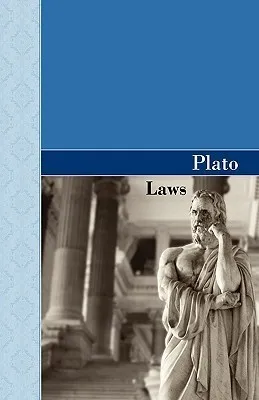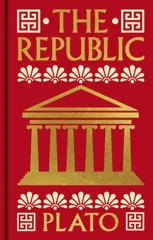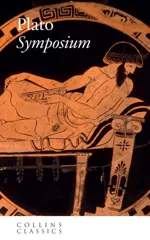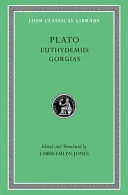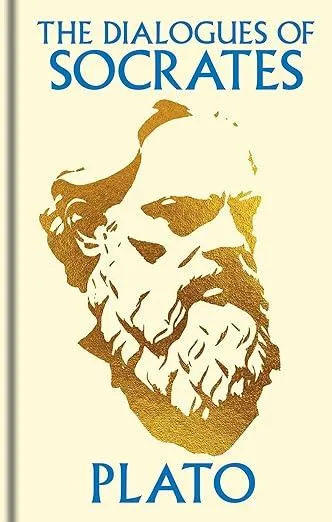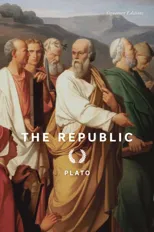Laws
(Author) Plato"Plato's The Laws are just that - a vision of a complete legal system for an Ancient Greek city. Three old men are on a religious pilgrimage - an Athenian, a Spartan, and a Cretan. As they travel, it emerges that the Cretan has been given the duty to come up with laws for a new colony, and the men spend the rest of their journey devising and discussing these laws. Following from his utopian and theoretical Republic, which laid out an ideal state, The Laws is a more practical and viable version of Plato's political principles. It is his conception of the day-to-day workings of a small city, with attention to all aspects of life - religion, education, commerce, recreation, and family.
Plato
Plato was an ancient Greek philosopher and the founder of the Academy in Athens, the first institution of higher learning in the Western world. His most notable works include "The Republic," "Symposium," and "Phaedo." Plato's dialogues are written in the form of conversations between Socrates and other characters, exploring themes such as ethics, politics, and metaphysics.
Plato's influence on literature is profound, as his philosophical ideas have inspired countless writers and thinkers throughout history. His most famous work, "The Republic," is a seminal text in political philosophy and has had a lasting impact on the genre. Plato's literary style is characterized by its use of dialogue, dialectic, and allegory, making his works both engaging and thought-provoking.
